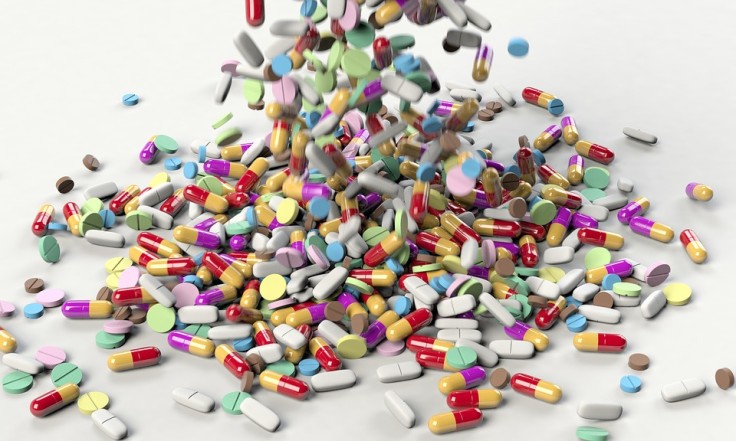
Nationwide Children's Hospital in collaboration with the Central Ohio Poison Center released its new study on suicide attempts by young adolescence. They found that self-poisoning among young adults using the over-the-counter medication is higher in rural areas, notably during months within an academic school year.
The results of the study were recently published in the journal, Clinical Toxicology. It is an expansion of previous research that focused on the incidence of intentional suicide through self-poisoning among children and young adults between 10 to 24 years old in 2000-2018. They also kept a record of the outcomes of these attempts.
Within the 19-year time frame, there have been more than 1.6 million intentional attempts to commit suicide in children and young adults. The data was collected from the reports kept by poison centers in the US. Seventy-one percent of the attempts were of females while 92% of which involved OTC medications.
"While it is notable that more than 90% of the attempts made involved medications, with young adults, any form of medicine can be considered hazardous," said Henry Spiller, MS, co-author of the study. He also serves as the director of the Central Ohio Poison Center at Nationwide Children's Hospital. He emphasized that it was not really about the type of substance used. Any substance can be misused or abused in different ways leading to severe health conditions even death.
The most commonly used drugs among the participants were the over-the-counter (OTC) analgesics, particularly ibuprofen, aspirin, and acetaminophen. Then there were antidepressants. In young adolescents, ADHD medications were quite common, but they come with the highest risk of serious medical outcomes.
Children and young adults have access to medications readily available at home. Most parents don't take precautionary measures to keep them away from children. The findings of the study emphasized this practice at home as a big contributor to the problem.
"Medications can bring significant effects to the treatment, but they require a layer of protection," John Ackerman said. He is the co-author of the study and the suicide prevention coordinator for the Center for Suicide Prevention and Research at Nationwide Children's Hospital. He does not recommend not giving prescription medication, especially to those who have already shown the benefits of the medicines. Rather, he would like to emphasize the practice of proper use and storage of these medicines. Parents should be more vigilant in the administration of these medicines, especially when they are living with young kids and teens at home.
The experts recommend that parents to regularly check in on their kids. Asking them directly how they are doing may help ease the tension. Talk to them about their concerns, worries, or problems. Ask them if they have ever thought of taking their own life. These direct questions may help them think twice about feeling left alone. This plays a critical role before the warning signs of suicide become noticeable.
More importantly, medications should be kept out of reach of children at all times. They should be stored in a high place, preferably in a cabinet with a lock. Every administration of the medicines should be supervised at all times.
© 2025 University Herald, All rights reserved. Do not reproduce without permission.








